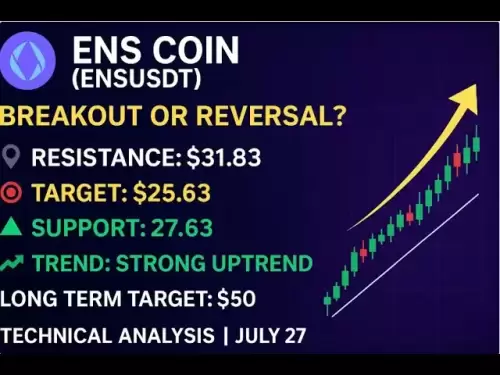Coinbase, the largest U.S. crypto exchange, officially joins the S&P 500 today (May 19), replacing Discover Financial Services (DFS) following its acquisition by Capital One (COF). The move marks a major moment of mainstream legitimacy for crypto
Coinbase (NASDAQ:COIN), the largest U.S. crypto exchange, officially joins the S&P 500 today (May 19), replacing Discover Financial Services (NYSE:DFS) following its acquisition by Capital One (NYSE:COF). The move marks a major moment of mainstream legitimacy for crypto, which until recently prided itself on being an alternative to the financial system.
With a market cap of $67 billion and shares up almost 30% since the announcement (although news of a hack has also broken since), Coinbase’s inclusion brings more than bragging rights. Passive index funds that track the S&P — and active managers who take it as their benchmark — will be forced to buy Coinbase stock, creating demand and cementing visibility. For investors with 401(k)s or mutual funds, that means you likely now hold crypto exposure, whether you ever meant to or not.
“This isn’t merely a nod to Coinbase’s market capitalisation or financial performance,” said Meryem Habibi, chief revenue officer at Bitpace. “It reflects a broader institutional acceptance of crypto as an enduring component of global finance.”
Founded as a retail crypto trading platform, Coinbase has since pivoted into an infrastructure company that also serves institutions and developers — a move that has helped it survive regulatory crackdowns and crypto’s brutal winters. Its S&P inclusion follows strict profitability, liquidity, and governance standards, underscoring that even Wall Street’s most staid types now see Coinbase as part of the system.
Of course, risks remain. Coinbase still relies heavily on trading volumes in a volatile sector, and analysts caution that the inclusion says more about market structure than long-term dominance.
“The event sets a new precedent: Crypto-native companies can evolve into systemically relevant financial entities,” Habibi added. “Rather than signalling the demise of TradFi, it highlights a convergence, where digital-native infrastructure is being woven into the mainstream financial fabric. Just as fintechs were once disruptors and are now embedded within the banking ecosystem, crypto firms like Coinbase are reshaping the core of capital markets.”
Disclaimer:info@kdj.com
The information provided is not trading advice. kdj.com does not assume any responsibility for any investments made based on the information provided in this article. Cryptocurrencies are highly volatile and it is highly recommended that you invest with caution after thorough research!
If you believe that the content used on this website infringes your copyright, please contact us immediately (info@kdj.com) and we will delete it promptly.













































































